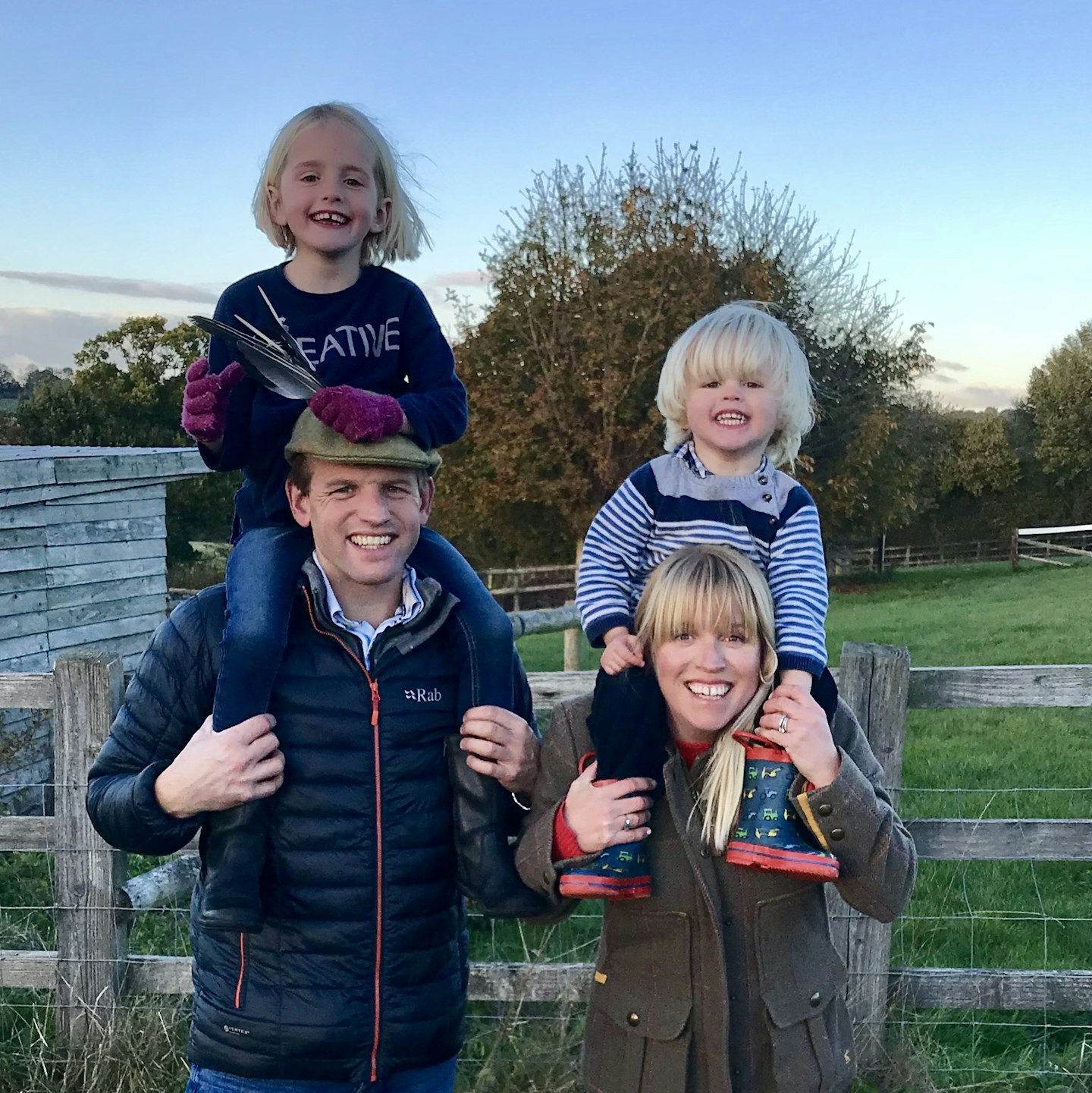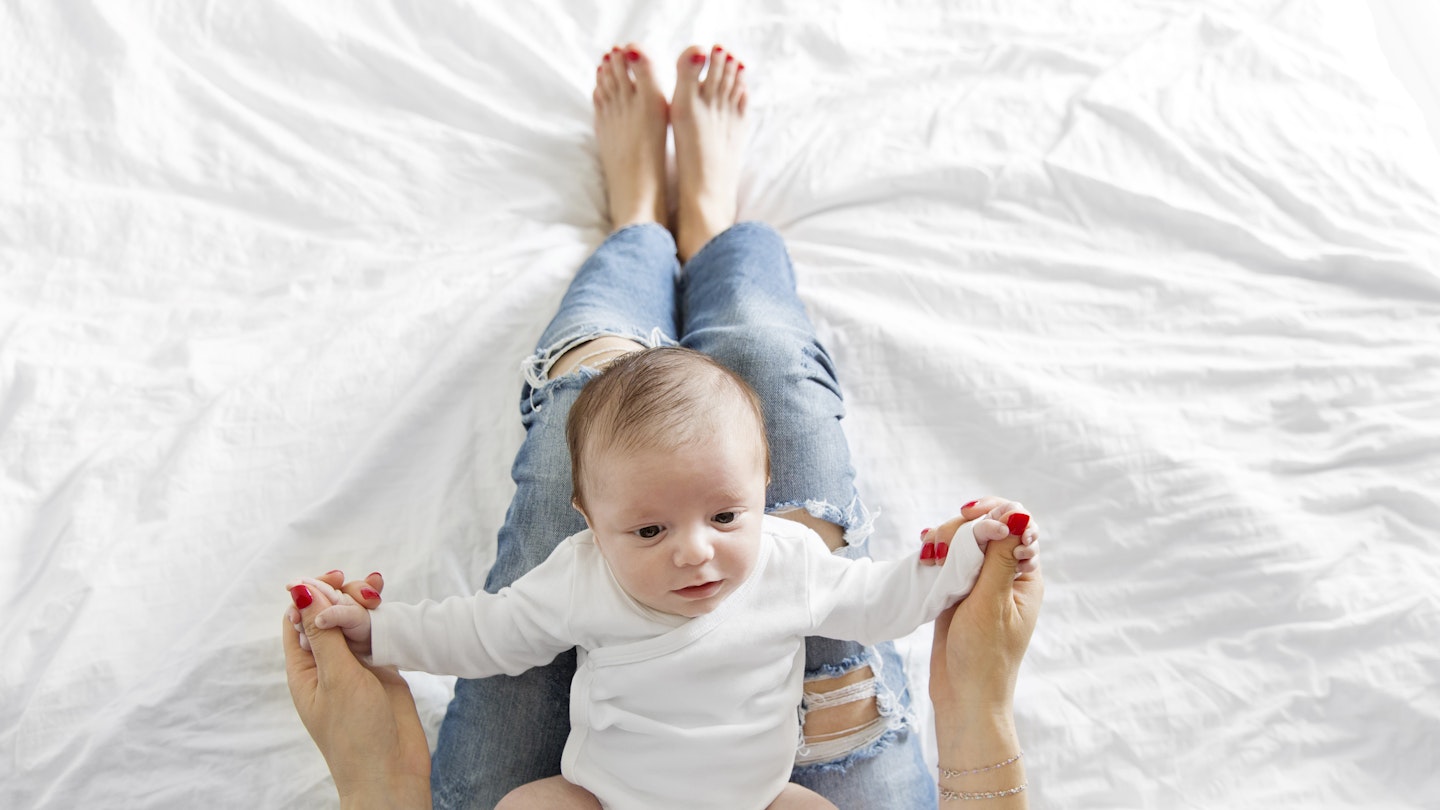Yesterday we put up our Christmas tree; predictably three year old Max and six year old Chloe were completely over excited. It was chaos - with baubles getting broken and haphazard decorating – I was overwhelmed with love for my little family.
Parents all over the country are no doubt feeling the same but moments like these are more poignant, perhaps, for me because for years I didn’t think I’d ever be mother. My children are only here thanks to the miracle of IVF.
To me IVF is one of the greatest medical advancements of our ages –and now there has been a new breakthrough: Last week the papers were full of the story of the story of Luisa Santos a little girl born in Brazil last December. Fabiana, the mother, had no womb and received one from a dead woman in a pioneering transplant operation. UK surgeons are planning the first womb transplants here early next year. Thousands could benefit – there are at least 15,000 women in Britain of childbearing age were born without a womb or have had it removed due to cancer or other illness.
But I have to ask, will the NHS fund this incredible operation? It seems unlikely. David Walker, a Consultant Obstetrician and Gynaecologist and Medical Director of Bath Fertility Centre, the clinic that enabled me to become a mother, says: “A Hysterectomy on the donor and transplant to the potential mother would cost in excess of £10,000 for the surgery alone. Then the recipient would need anti-rejection drugs. IVF would still be required and then, if it was successful, it would be a high risk pregnancy with a C-section delivery. This takes the cost to the National Health Service into the tens of thousands. The womb would then have to be removed once the family is complete.”

So while I celebrate this incredible advancement, I know it will only be available to those who can afford to fund it themselves, just as access to IVF is fast becoming determined by a couples wealth, rather than need. I think this is terrible.
One in seven couples struggle to conceive and there are around 60,000 IVF cycles in the U.K each year but they are increasingly privately funded. Each round of IVF costs the NHS around £3500 or £5000 for couples paying themselves. Thirteen areas in England have introduced cuts or stopped providing fertility treatment completely in the last two years and a further eight are consulting on restricting services.
The number of clinical commissioning groups (CCGs) that offer the National Institute of clinical excellence (NICE) recommended three full IVF cycles for women under 40, has dropped by almost half, from 50 in 2013 to 27.
David Walker says: “In no other branch of medicine do we gamble with our patient's treatment and their lives. The lottery of the postcode to determine whether they can access any treatment at all and then if they do most couples get just one roll of the dice to get pregnant.”
We were one of the lucky couples – our one NHS round worked. I’ve known since I was a teenager that it was unlikely I’d ever be able to conceive naturally: I was born with a condition called Hirschsprung's Disease, a disorder when part or all of the large intestine has no nerves and therefore cannot function. I needed multiply lifesaving operations and was left with scar tissue blocking my fallopian tubes.
I got married in 2009 and started the gruelling IVF process two years later. After taking drugs to suppress my own hormones, I started injections (self-administered) for 10-14 days to help my body produce multiple eggs. If this is a successful the eggs are collected under sedation and fertilised in the laboratory.
Five days after egg collection we were told we had two viable blastocysts (the stage before the cells becomes an embryo), one of which was implanted, the second frozen for potential use in the future.
It had worked and I became a mother to the most perfect, tiny girl. That should have been it, but I couldn’t get our frozen embryo out of my mind. The odds were not in our favour but in December 2015 Max was born – we became a family of four, we had won the IVF lottery.
We paid for the process which gave us Max, it cost well over £1000 (the expensive bit of IVF is creating the embryo) and was obviously worth every penny. But that first round of IVF? I’m so grateful it was on the NHS - not least because it showed me that my infertility mattered.
Far more than a lifestyle choice, the desire for children is a biological need, a longing which if it is denied can cause untold pain. Infertility is the hidden disease that those with children (or who don’t want children) don't understand and because of that, despite of proven success rates, it’s seen as an easy target when funding decisions are being made. So now to have the recommended three tries couples are looking at over £15000 to become parents. This is wrong. Where do these cuts stop? What other treatments could soon be seen as a luxury, a choice?
So while I am in awe of the medical advancement that allows a women who had no womb to carry her own baby, I’m more concerned that we could become a society where, if you are blighted by infertility, becoming a parent could become a privilege only afforded by the wealthy.
